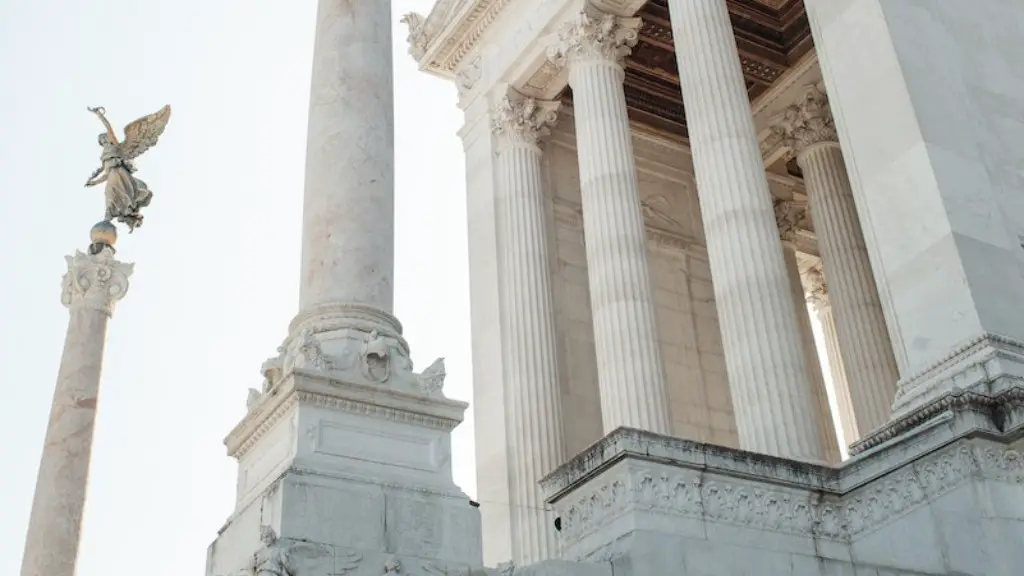Living Conditions
In Ancient Rome, life for the poor was very difficult. The poor had to live in cramped and squalid conditions, often sharing cramped and small apartments with many family members, or even with other families. Access to clean drinking water was limited and often unsafe, leading to disease and illnesses like cholera, typhoid and tuberculosis. Sanitation was typically limited to chamber potsrather than flushing toilets, which added to the spread of disease, making it hard for the family members to stay healthy.
Daily Life
Daily life for the poor in Ancient Rome was hard. Most of the time, they worked long hours in strenuous labor to barely make ends meet. A lack of education meant they were restricted to a limited range of low paid jobs; farming, construction, petty trades and manual labor. Many of the poor had to resort to begging or stealing to get by. Women and children were often forced into prostitution for survival. In the enterprise of slave labor, however, the wages were too low for the laborers to survive and the work was exhausting.
Social Stratification
The class divisions in Ancient Rome were stark and rigid. The rich were considered superior to the poor and often felt ashamed or disgusted to be seen associating with them. The poor were treated as second-class citizens and were often humiliated in public for their poverty. They rarely received justice in the courts, as the rich had to pay for legal representation. Even in death, the poor were not given equal respect; they were buried in mass graves instead of having appropriate funerals.
Healthcare
Healthcare was largely unavailable to the poor in Ancient Rome. The poor had to rely on traditional healers, who were often no more effective than modern-day alternative medicine. In addition, the poor had to rely on herbal cures made from ingredients that were not always readily available. As a result, many of the poor ended up dying because they could not afford proper medical care.
Education
Education was also largely unavailable to the poor in Ancient Rome. Only the wealthy could afford to send their children to school, and most of the poor were unable to read and write. Without access to formal education, the poor often had few opportunities to move up the social ladder. Even if they did find employment, their lack of skills and education meant that they were likely to be paid low wages, and thus remain in poverty.
Opportunities
Opportunities were few and far between for the poor in Ancient Rome. It was difficult for them to break the cycle of poverty, as they had few resources and skills to find better-paying jobs, and the class system made it very difficult to move up the social ladder. Many of the poor ended up turning to crime and other illicit activities as a way to make ends meet.
Conclusion
In conclusion, life for the poor in Ancient Rome was very difficult and oppressive. They were relegated to the lowest class of society, with few resources or opportunities to improve their stations. They were deprived access to basic necessities like housing, clean water and sanitation, healthcare, and education. They had to rely on manual labor and crime in order to get by, and even then, the wages were barely enough to provide for their families.

